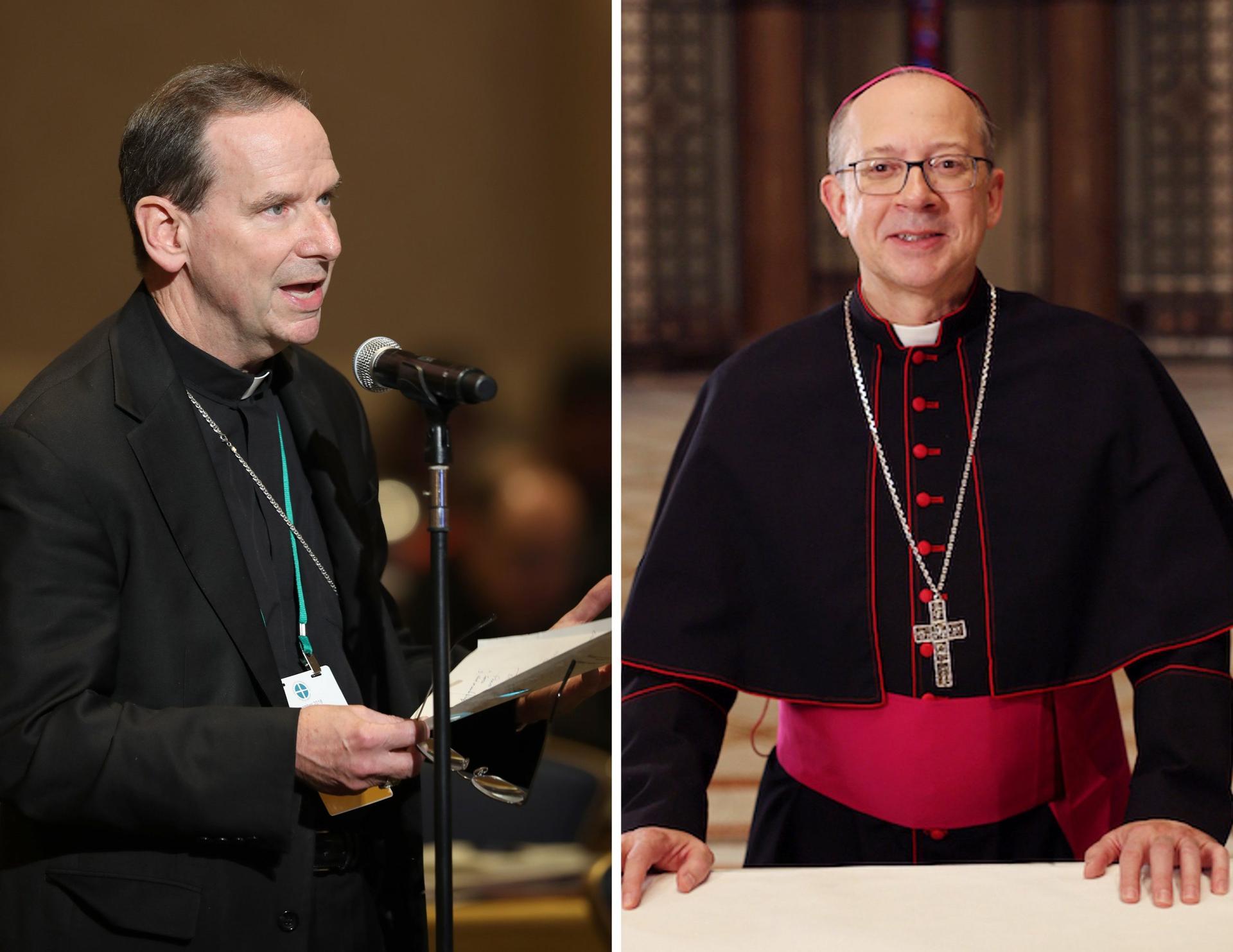NEW YORK – Virginia’s Catholic bishops have raised concerns that assisted suicide could soon become legal in the state after legislation promoting the practice recently advanced in both the state House and Senate, with debate in each chamber expected in the coming weeks.
In a Feb. 5 message, Bishops Michael Burbidge of Arlington and Barry Knestout of Richmond wrote to “implore” the faithful of their dioceses to contact their state senator and delegate and “urge them to reject assisted suicide legislation.”
“Every suicide is a tragedy. Assisted suicide facilitates tragedies, and makes the most vulnerable people even more vulnerable,” Burbidge and Knestout said. “Legalizing it would place the lives of people with disabilities, people with mental illness, the elderly, and those unable to afford healthcare – among others – at heightened risk of deadly harm.”
The senate legislation, SB 280, states that it “allows an adult with a terminal condition to request an attending health care provider to prescribe a self-administered controlled substance for the purpose of ending the patient’s life.” It defines a “terminal disease” as one that is incurable and irreversible that will produce death within six months.
The legislation would also require that the patient’s request must be given orally on two occasions and presented in writing, signed by the patient and one witness. It adds that the patient must be given the opportunity to rescind the request at any time.
The verbiage of the senate bill mirrors that of the house measure, HB 858.
In the senate, the legislation was introduced by Democrat Ghazala Hashmi. She has previously highlighted that a number of constituents, patients, and families have reached out to her office to “share their difficult medical journeys, their desire to control their critical end-of-life decisions, and the trauma of suffering that often accompanies terminal illnesses.”
“This legislation continues to put guardrails in place, requiring a deliberate process with a medical team, the diagnosis of a terminal illness with six months or fewer left to live, and the ability to self-administer medications,” Hashmi said in a Jan. 23 news release. “Should this legislation pass, this option will not be for everyone; however, a majority of Virginians ask that they have this option.”
State Democratic Delegate Patrick Hope, who introduced the legislation in the house, added in a statement of his own that “medical aid in dying is about providing someone at the end of life a choice to die with compassion and dignity.”
Burbidge and Knestout argue the opposite.
“Human life is sacred and must never be abandoned or discarded,” Burbidge and Knestout said.
“People facing the end of life are in great need, and must be accompanied with great care and attentiveness,” the bishops added. “The address each of their needed and alleviate their suffering, patients deserve high quality medical, palliative, and hospice care – not suicide drugs.”
The initiative by Virginia legislators to legalize what in essence is physician assisted suicide is similar to that of legislators in the neighboring state of Maryland, where both chambers of the state government introduced legislation of the same kind as Virginia in recent weeks.
Ten states and Washington, D.C., have legalized assisted suicide – Oregon, Washington, Montana, Vermont, California, Colorado, Hawaii, New Jersey, Maine, and New Mexico.
In Maryland, the development prompted a letter from Cardinal Wilton Gregory of Washington, Archbishop William Lori of Baltimore and Bishop William Koenig of Wilmington, who, like the bishops in Virginia, urged the faithful to advocate against the legislation.
“We urge all people of good will to demand that our lawmakers reject suicide as an end-of-life option and to choose the better, safer path that involves radical solidarity with those facing the end of their earthly journey,” stated a Jan. 30 letter from the bishops.
“Let us choose a path that models true compassion and dignity to those facing end of life decisions and protects the most vulnerable from the deadly proposition of physician assisted suicide,” the bishops wrote.
Follow John Lavenburg on X: @johnlavenburg












